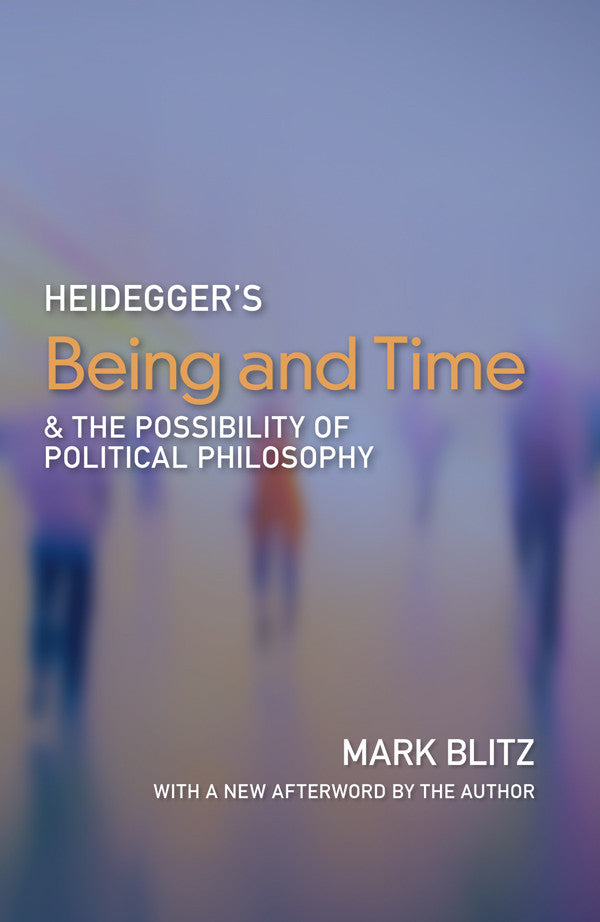
Death permeates the narrative in a realistic and absorbing fashion but, interestingly enough, the actual physicality of death is only passively mentioned in the early chapters during Ivan's wake. To quote Nabokov: "The Tolstoyan formula is: Ivan lived a bad life and since the bad life is nothing but the death of the soul, then Ivan lived a living death and since beyond death is God's living light, then Ivan died into a new life - Life with a capital L." The Death of Ivan Ilyich, therefore, is more than a story about death.

Therefore death, the return of the soul to God, is, for Tolstoy, moral life. In his lectures on Russian literature, Russian-born novelist and critic Vladimir Nabokov argues that, for Tolstoy, a sinful life (such as Ivan's) is moral death. Indeed, the mundane portrayal of Ivan's life coupled with the dramatization of his long and grueling battle with death seems to directly reflect Tolstoy's theories about moral living, which he largely derived during his sabbatical from personal and professional duties in 1877. But more than anything, I would offer, it is about the consequences of living without meaning, that is, without a true and abiding connection to one's life.

Interpretation In his article of 1997, psychologist Mark Freeman writes: Tolstoy's book is about many things: the tyranny of bourgeois niceties, the terrible weak spots of the human heart, the primacy and elision of death.

The novella tells the story of the death of a high-court judge in 19th-century Russia. The Death of Ivan Ilyich Leo Tolstoy (1828 - 1910) The Death of Ivan Ilyich, first published in 1886, is a novella by Leo Tolstoy, one of the masterpieces of his late fiction, written shortly after his religious conversion of the late 1870s.


 0 kommentar(er)
0 kommentar(er)
